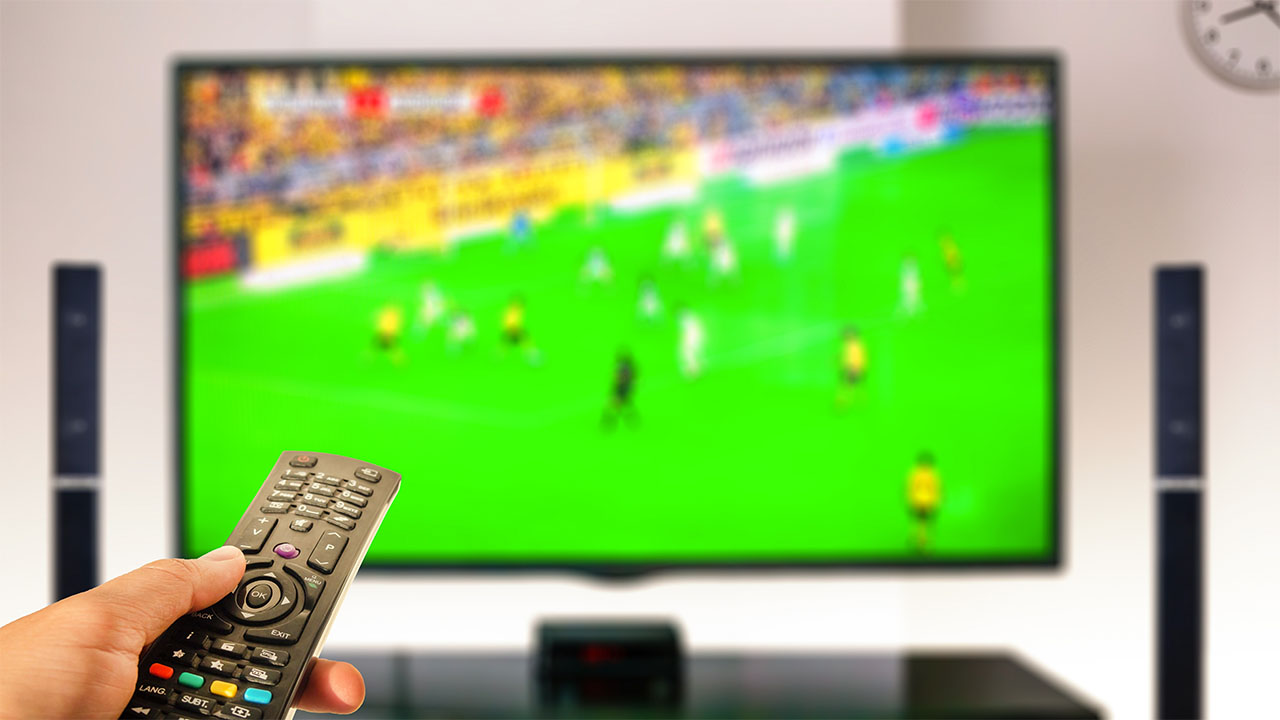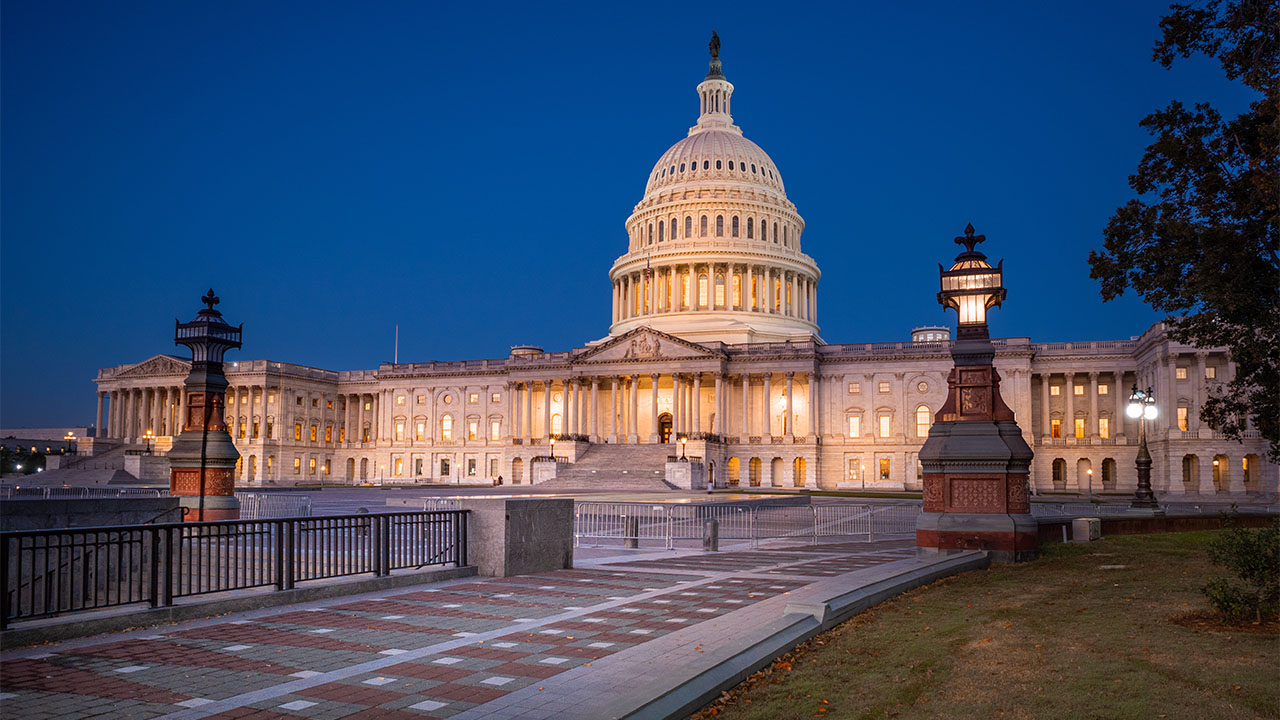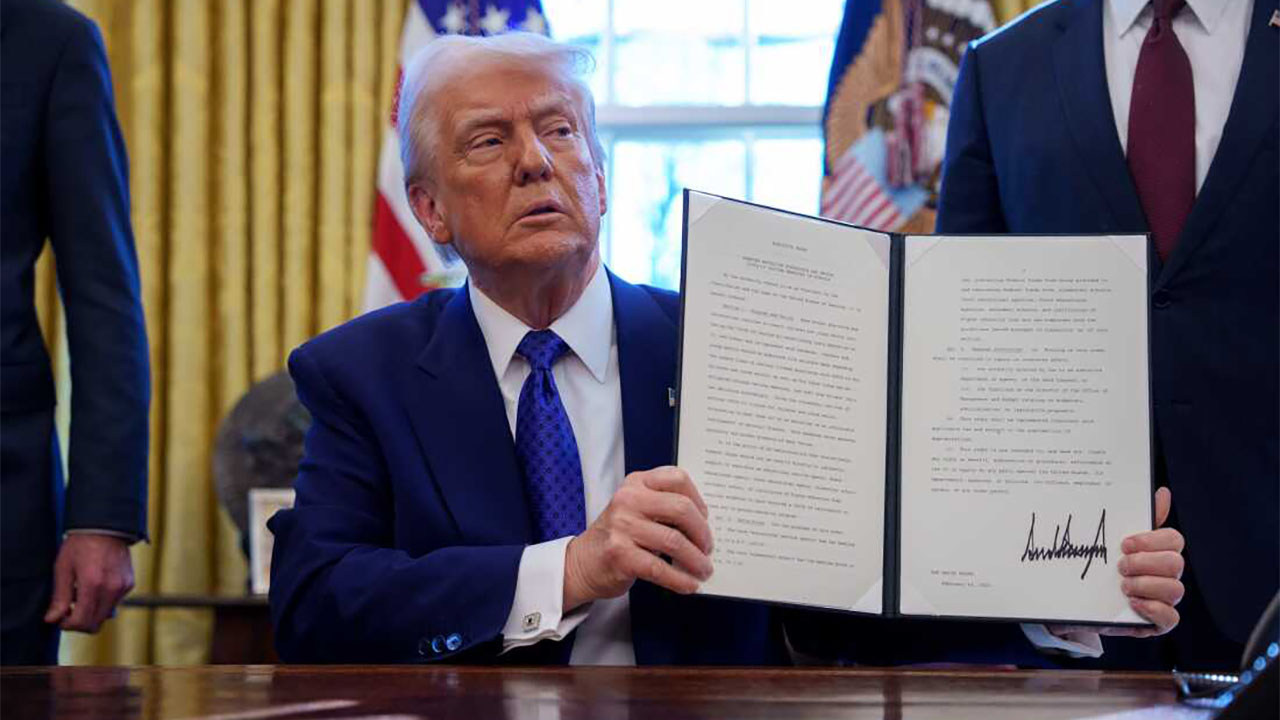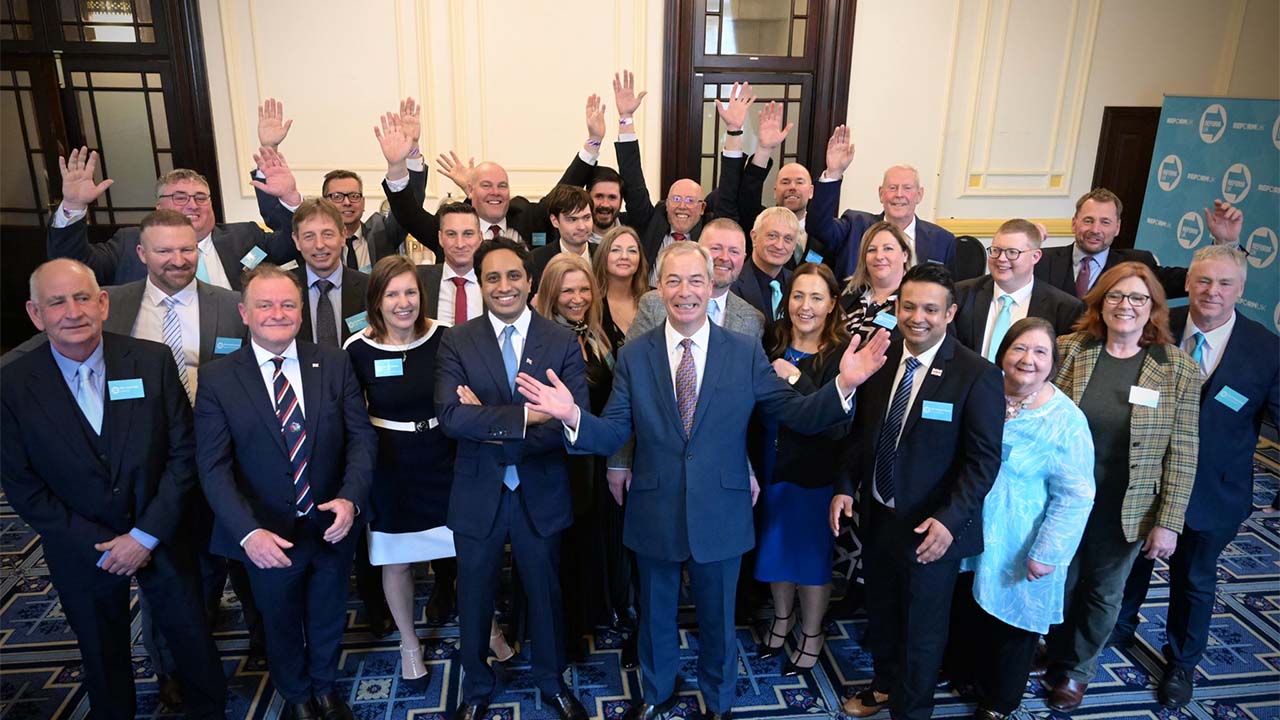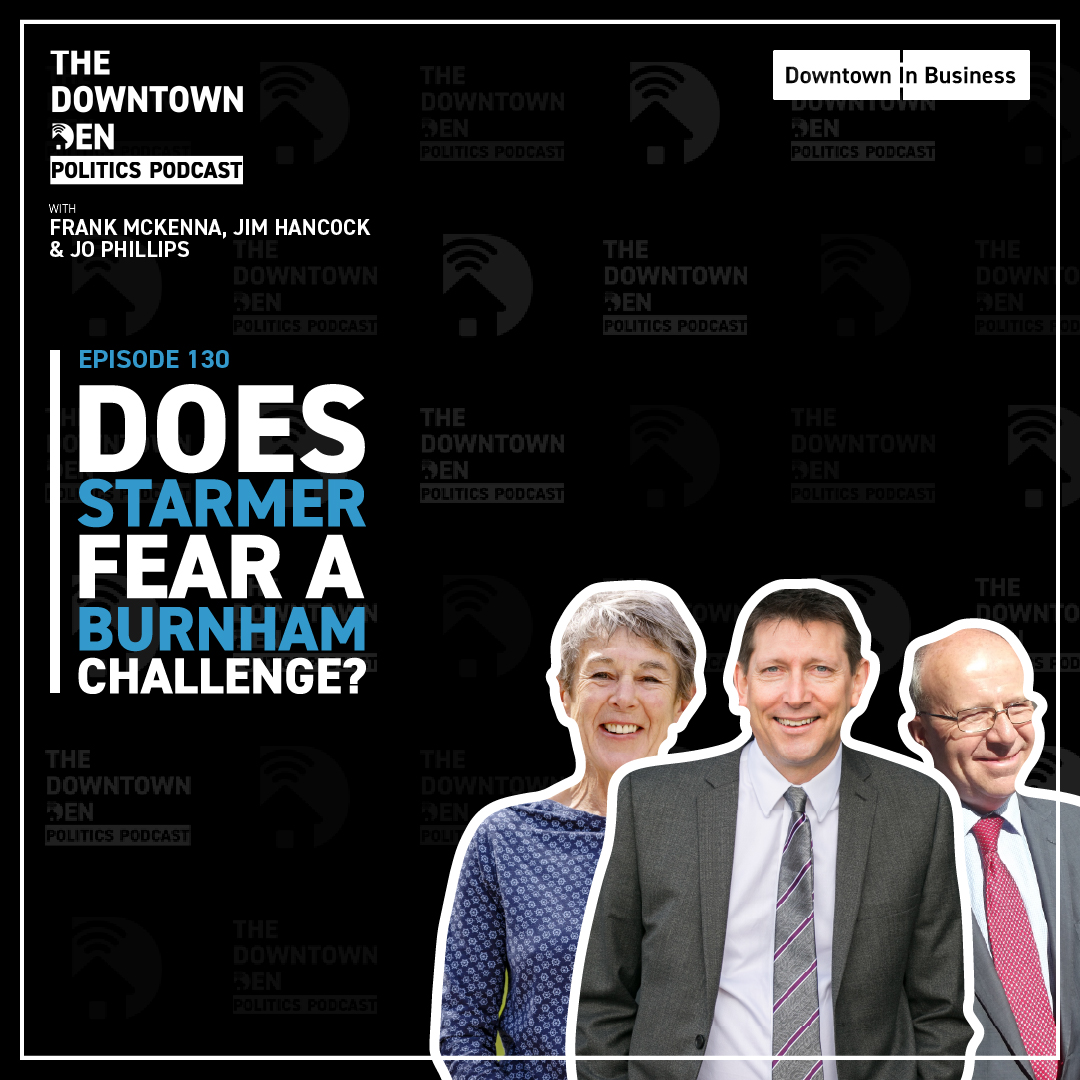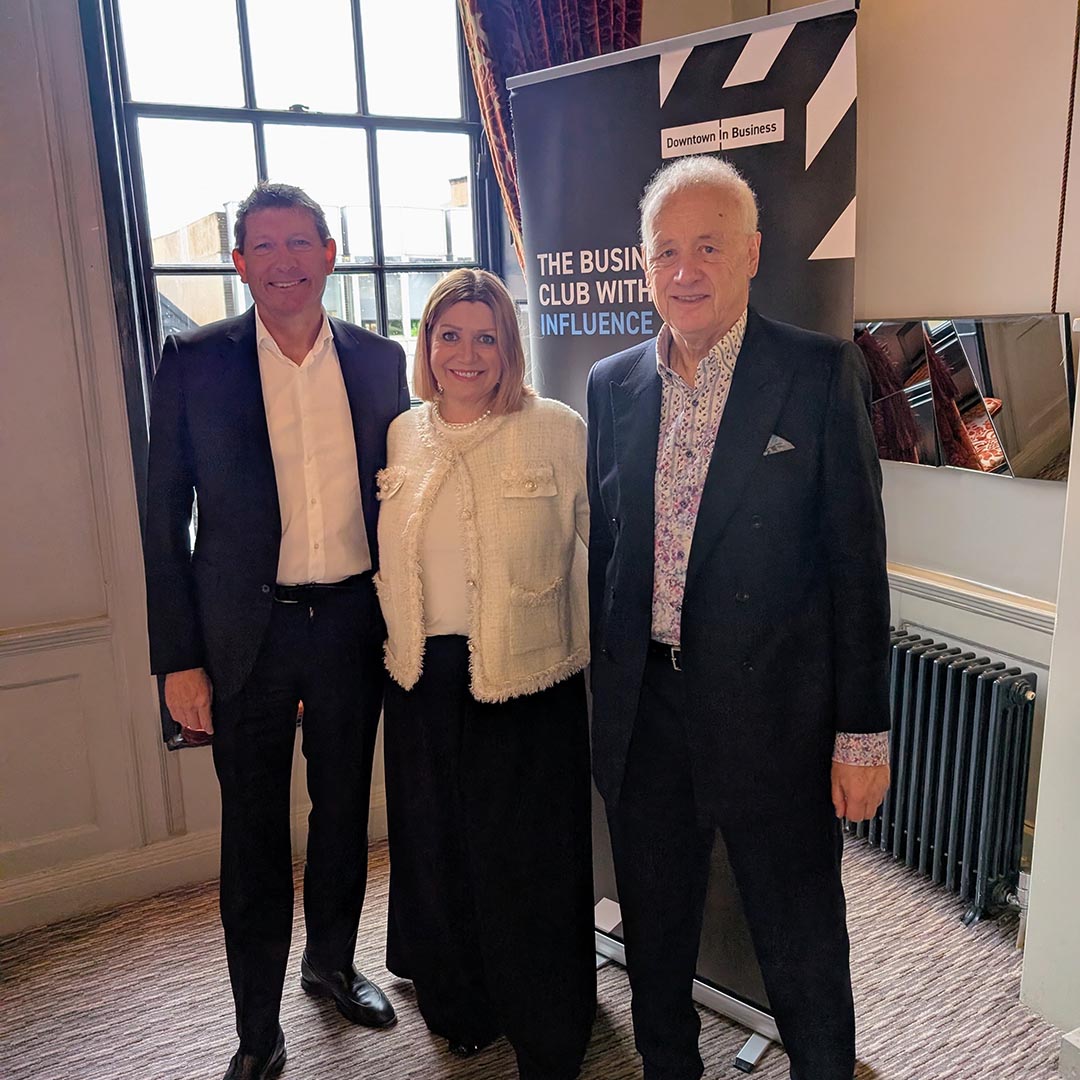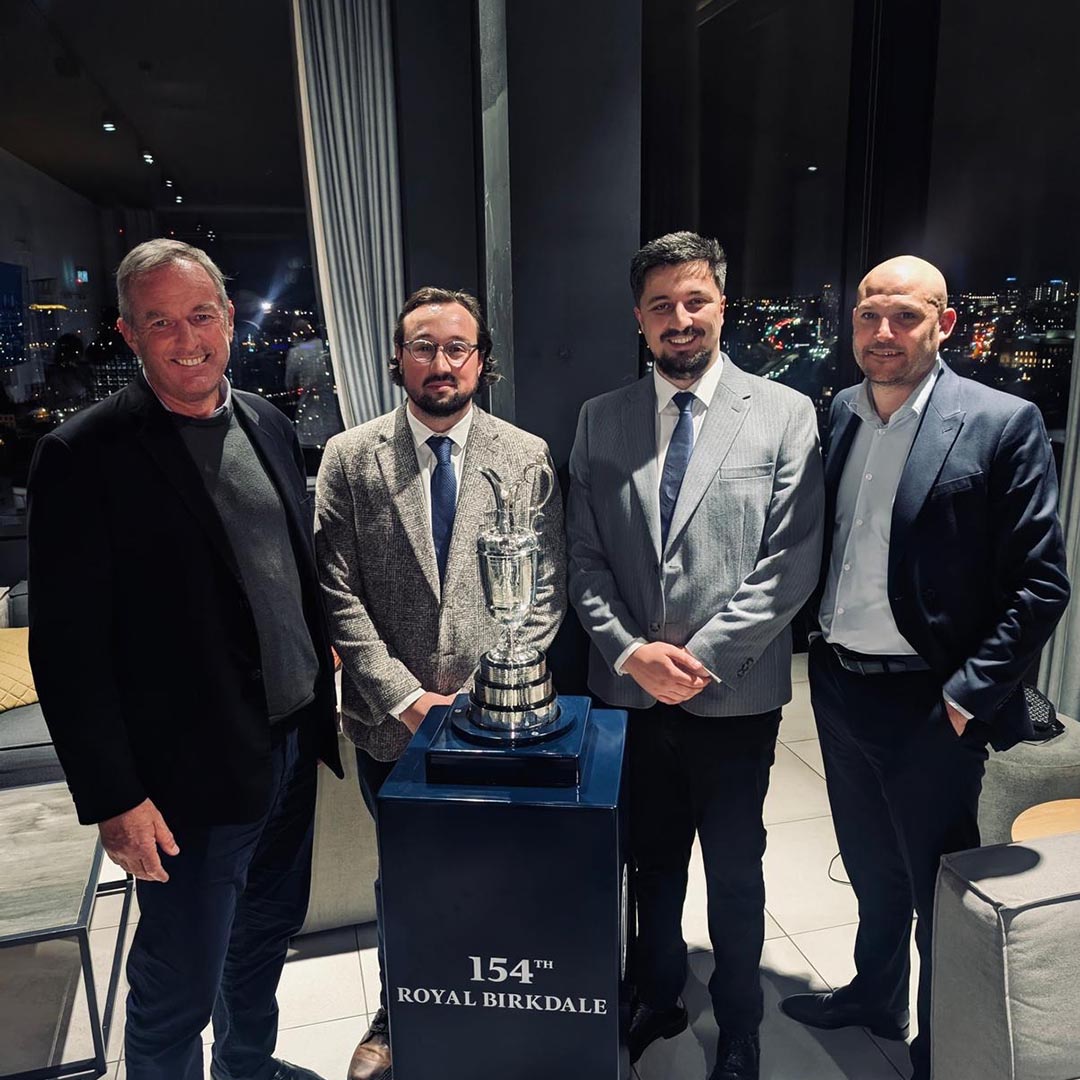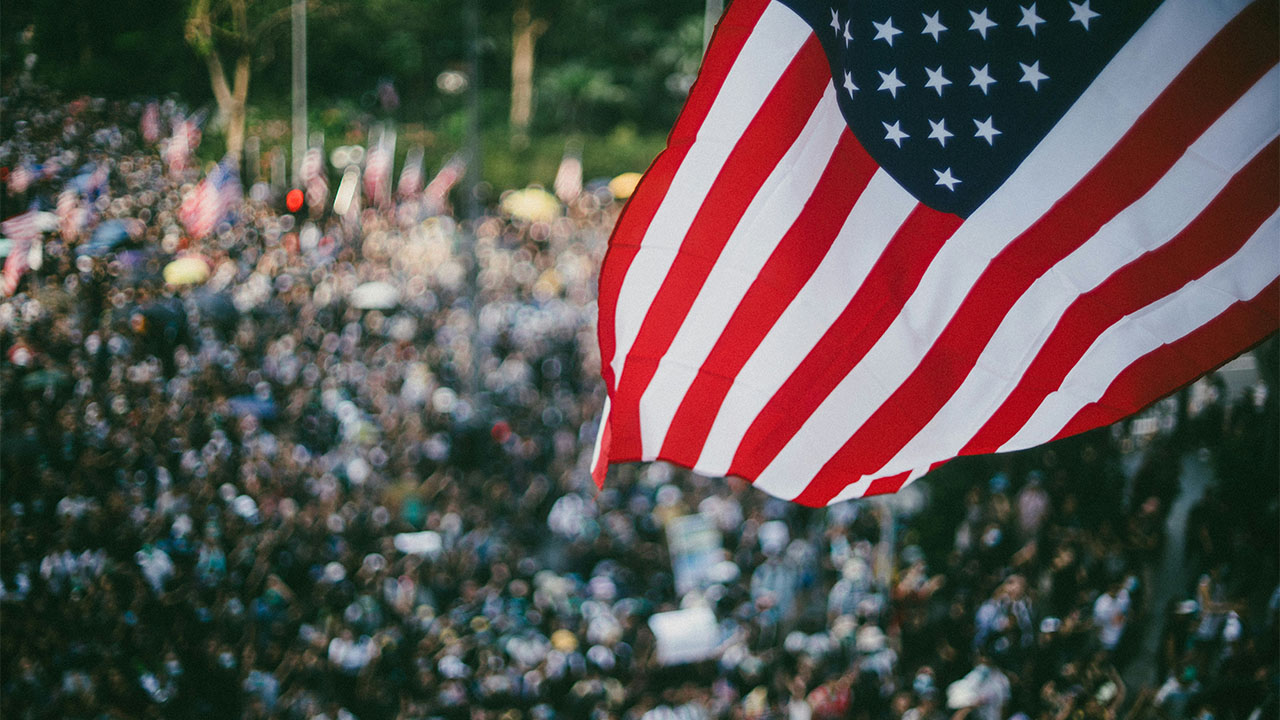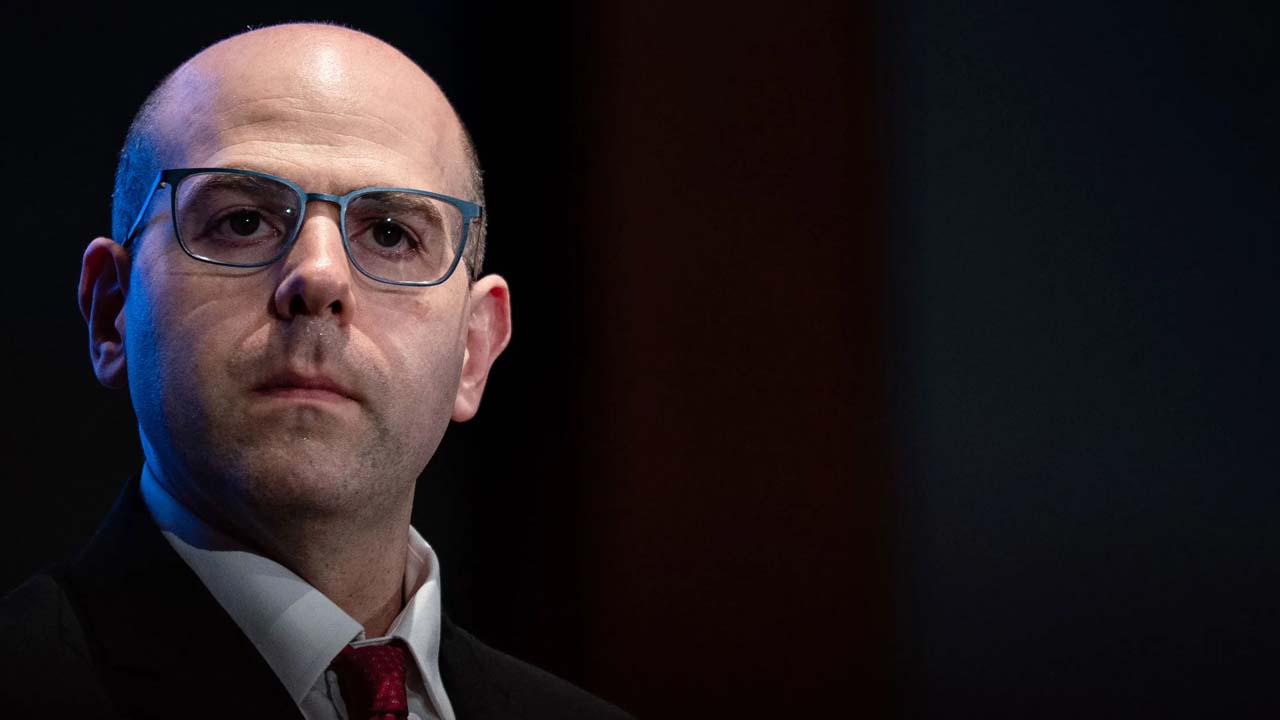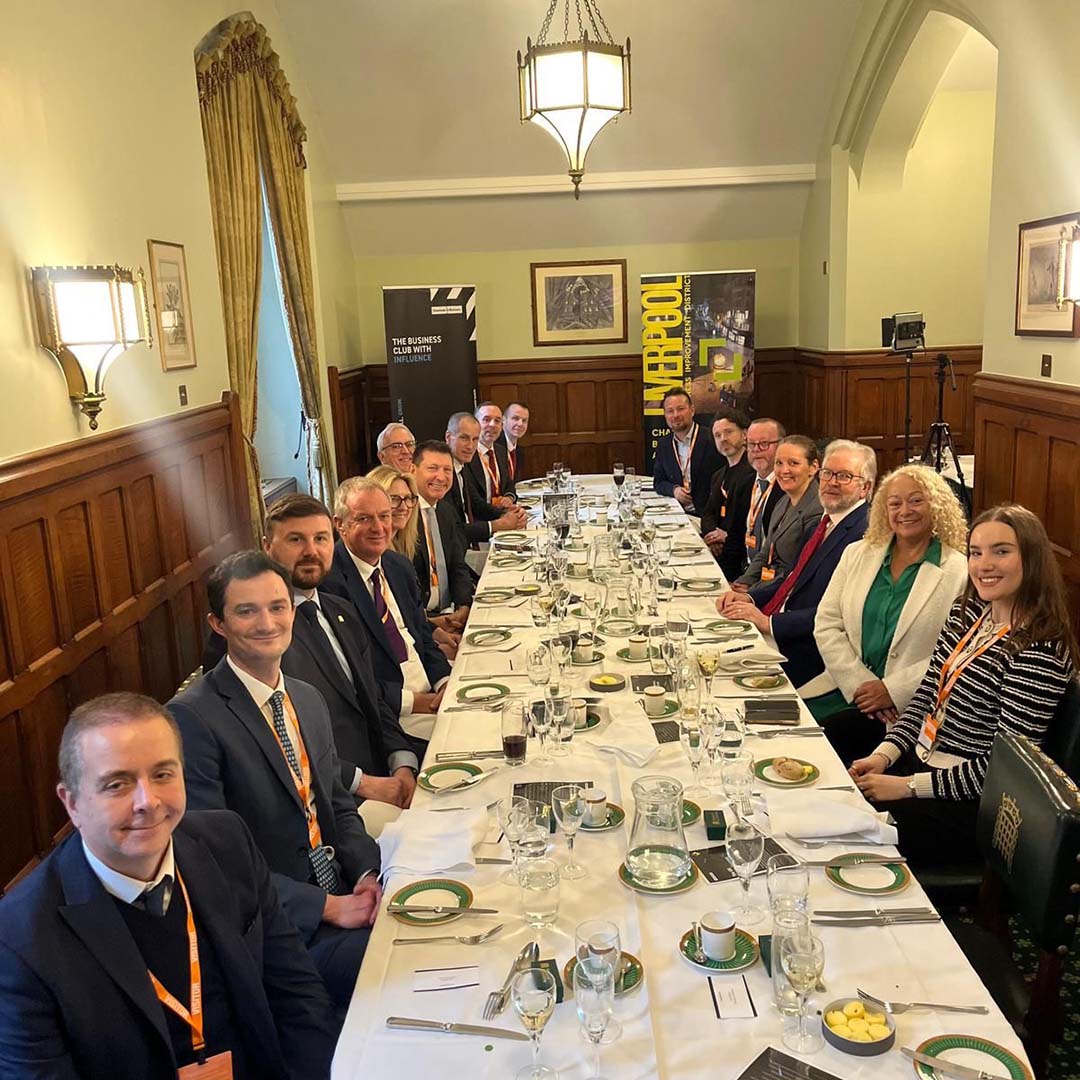This weekend sees the return of the English Premier League.
For those of us in the U.S., that means working out our global clock so you are in place for the season kick off at Burnley at 2pm on Friday afternoon, Saturday’s 6.30am ‘lunchtime game’ starring Nottingham Forest, and the 9am clash of the titans Everton vs Fulham game. That is Central Time, God help those on the West Coast.
What also needs to happen is to get your broadcast subscriptions right.
The season opener is on NBC’s USA channel, the Everton game is on NBC’s Peacock streaming service while the Saturday evening game – Villa v Newcastle – is broadcast free-to-air across every TV in the nation on NBC – one on the four majors – ABC, CBS and, interestingly, Fox being the others.
It reminds you – as you pay your channel subscription, your streaming fees, and the cable connection – watching soccer is a pricey affair.
It also reminds you – when you must proactively shell out upwards of 200 dollars a month to have access to the EPL’s various cable and streaming services – there is competition for those greenbacks; not just in the general expenses of life, not even in sports broadcasting, but explicitly to watch soccer.
Late last night, Fox TV announced it had cut a deal with global image rights wrangler IMG to broadcast the Saudi Pro League in both English and Spanish to American TV audiences. The season opener for SPL is Al Ahli vs Al Hazem this Friday.
Who? you may ask.
But Al Ahli are one of the four clubs the all-powerful state Public Investment Fund has taken a controlling stake in, and Barcelona’s Frank Kessie will be lining up with ex-EPL stars Riyad Mahrez, Roberto Firmino, goalkeeper Edouard Mendy and Allan Saint-Maximin in their starting eleven.
So new is the deal it isn’t clear yet which of the Fox Sports or Spanish language Fox Deportes channels or streams will carry the games, but the Al Ettifaq vs Al Nassr game – Steven Gerard and Jordan Henderson vs Cristiano Ronaldo and Sadio Mane – airs at noon on Monday and will probably be pushed towards a free to air or cable channel to reach the largest possible audience. It kicks off, conveniently, 2 hours before the United vs Wolves game.
And then there is the GOAT – Lionel Messi.
Messi snubbed Saudi advances and left Barcelona weeping when he chose to sign a lucrative package with the domestic Major League Soccer to ply his trade for the David Beckham-owned Inter Miami FC club. As part of the package to secure his services he is promised the ownership of a future franchise of his own – probably a rival Miami team to create the Latin-derby in South Florida – and the deal had Adidas and Apple TV funds too.
Apple TV had earlier this year penned a 10-year deal to broadcast every MLS league game on its streaming service. Having the world’s best-ever player will help them grow their subscriptions exponentially.
Some of the games will be free to watch for existing Apple TV subscribers, while other games will be available through a subscription PASS which mimics the way NFL franchises sell access to their games. Kick-off times will move to Saturday evenings to allow fans to have a consistent time to watch the games – again not competing with the EPL kick off times – and will be available in English and Spanish commentary as well as occasional French and Portuguese language versions.
No financial details were released at the time of the deal, but a source close to the MLS told me there was little change out of $3billion and additional clauses give MLS a cut of the subscription money when certain targets are met.
To give that some context, NBC paid $2billion for a 6-year-deal for the EPL from 2022 to 2028, so $3billion for 10 years of the significantly less established MLS is big money.
For MLS this is good business, going from about $65million a year with existing broadcast deals to around $300million is a score. For Apple TV it is good business too. Messi has hit the ground running scoring freely, including a trademark last minute free kick to secure a cup victory. Miami has adopted him in a way similar to how another Argentine was welcomed to Naples decades ago, tickets are selling out for all Inter Miami games home and away and changing hands – legally – on secondary selling sites for upwards of $10,000. Messi-mania is here.
So here we are at the start of the seasons. English Premier League, Saudi Pro League and domestic Major League Soccer.
As fans, we have choices to make. Where do we put our hard-earned money to watch the games we care about?
As an ex-patriot Brit, I’m likely to hold on to my cable service and catch a couple of games a week on NBC or USA. The Peacock subscription at $60 a year gives me further access to a range of games and coverage but that’s on my laptop, tablet or phone.
I am also interested in watching the SPL to see how the stars signed over the last few weeks perform, so that will probably see me have to add a bundle package with Fox Sports to my cable to get many of the bigger games with the Benzemas, Ronaldos and Manes.
And I don’t currently have Apple TV so will probably just try to catch a few of the dwindling number of MLS games which terrestrial broadcasters still have the right to air.
This weekend we will see how internationally attractive the game – and its broadcast – has truly become.
But it will be more than just the quality of the on-field action which will make these significant investments work.
NBC’s coverage rivals that of the BBC or ITV – slick studio analysis, expert insights and knowledgeable English commentary teams.
IMG, who brokered the Saudi deal, are managing all the SPL coverage from their UK base – the same place VAR operates from. They will provide experienced English commentators and probably colour and insight talent from recognised ex-players and pundits, to provide a credible, watchable and entertaining product.
Those who have watched Apple TV’s coverage so far this season are less impressed with the commentary, production and analysis currently being provided – Taylor Twellman and Bradley Wright-Philips being the most recognisable names.
But it may be because we are pre-programmed to receive our soccer in a certain way.
One of the challenges facing many sports and leagues trying to establish a foothold in the giant US sports market is whether they provide coverage targeted at existing die-hard fans or whether they look at the way the game is packaged, the highlights are distributed. and how the players rather than the franchises, teams or organising leagues become the stars.
Major League Cricket’s relatively successful inaugural season has just wrapped up, but it was heavily aimed at existing cricket fans from the Indian, Pakistani and Bangladeshi diaspora rather than making the game accessible and attractive to a Yankees, Braves or Red Sox fan.
So while UK soccer pundits explore the impact of Saudi Arabian largesse in the game’s transfer policy, and the global consequence of Messi’s arrival in Miami on social media numbers, those of us fascinated by the commercial, marketing and media offer of the world’s greatest game, will also be looking at what these huge investment in broadcasting competitor leagues in the US sports TV market will have on the pulling power, and sustainability, of the EPL.


